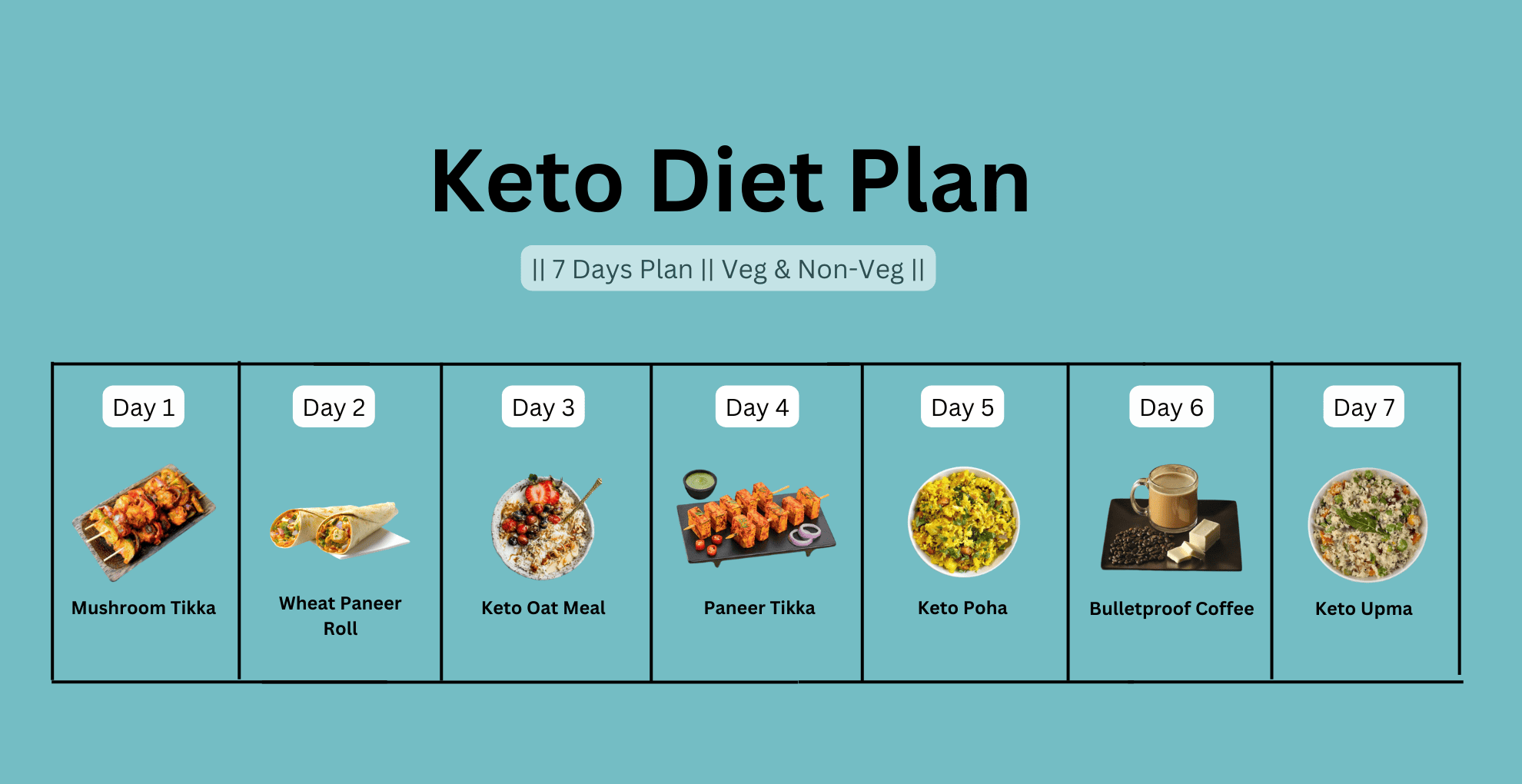
For people with diabetes, choosing the right diet plan can make a significant difference in managing blood sugar levels and overall health. While there’s no “one-size-fits-all” diet, several popular eating plans have shown promise in helping manage diabetes. Here, we’ll explore the Keto, Low-Carb, Mediterranean, and DASH diets, highlighting their pros and cons to help you make an informed decision.
1. Keto Diet
Overview: The ketogenic (or “keto”) diet is a high-fat, low-carbohydrate eating plan. By significantly reducing carbs, the body enters a state of ketosis, where it burns fat for fuel instead of glucose.
Pros:
- May help lower blood sugar levels by reducing carb intake.
- Some studies suggest that keto can lead to weight loss, which can benefit insulin sensitivity.
- May reduce the need for insulin in some cases.
Cons:
- The diet can be restrictive and challenging to maintain long-term.
- High-fat intake might increase cholesterol levels if not managed carefully.
- Not ideal for people with kidney disease or those who need higher amounts of dietary fiber.
Is it Right for Diabetics? While some people with Type 2 diabetes see improvements on a keto diet, it’s essential to work with a healthcare provider to monitor cholesterol and kidney function.
2. Low-Carb Diet
Overview: Similar to keto but less restrictive, a low-carb diet limits carbohydrate intake but includes a higher amount of protein and moderate fats. Typically, it allows 50-150 grams of carbs per day.
Pros:
- Lower carb intake can help stabilize blood sugar and reduce the risk of glucose spikes.
- Offers more dietary flexibility than keto, making it easier to stick to.
- Supports weight loss and can improve insulin sensitivity.
Cons:
- Requires careful planning to ensure balanced nutrition.
- May lead to cravings for carbs, especially in the early stages.
Is it Right for Diabetics? A low-carb diet is often recommended for those with diabetes as it promotes steady blood sugar levels. However, portion control and food choices are key to long-term success.
3. Mediterranean Diet
Overview: The Mediterranean diet emphasizes whole foods, such as fruits, vegetables, whole grains, lean proteins, and healthy fats like olive oil and nuts. It’s high in fiber, antioxidants, and healthy fats.
Pros:
- Rich in fiber, which helps manage blood sugar levels.
- Emphasizes healthy fats that support heart health—important for those with diabetes, who are at higher risk of heart disease.
- Easier to follow as it includes a wide variety of foods.
Cons:
- Can be higher in carbs than low-carb or keto diets.
- Portion control is essential to prevent overeating, especially with grains and fruits.
Is it Right for Diabetics? Many healthcare providers recommend the Mediterranean diet for diabetics due to its balance of healthy fats, proteins, and complex carbohydrates. It’s a sustainable, heart-healthy choice.
4. DASH Diet (Dietary Approaches to Stop Hypertension)
Overview: Originally designed to combat high blood pressure, the DASH diet is also effective for managing diabetes. It focuses on fruits, vegetables, lean proteins, and whole grains while limiting sugar, salt, and saturated fat.
Pros:
- High in fiber, which helps maintain stable blood sugar levels.
- Emphasizes nutrient-dense foods, promoting overall health.
- Reduces the risk of cardiovascular disease, a common concern for diabetics.
Cons:
- The diet may be higher in carbs than others, requiring careful meal planning.
- Can be challenging to adhere to if used to processed or high-salt foods.
Is it Right for Diabetics? The DASH diet is highly regarded for its health benefits and suitability for diabetics, especially those with high blood pressure. It’s a good option for overall wellness and balanced nutrition.
5. Plant-Based Diet
Overview: Plant-based diets focus on whole foods derived from plants, such as vegetables, fruits, legumes, nuts, and whole grains, with limited or no animal products.
Pros:
- Rich in fiber and antioxidants, which help regulate blood sugar.
- May support weight loss and improve insulin sensitivity.
- Lowers cholesterol and blood pressure.
Cons:
- Requires planning to ensure sufficient protein and vitamin intake (especially B12).
- Some plant-based foods, such as starchy vegetables and grains, can raise blood sugar if not carefully portioned.
Is it Right for Diabetics? Plant-based diets can benefit those with diabetes, especially if they prioritize non-starchy vegetables and low-glycemic foods. Consulting a dietitian can help ensure balanced nutrition.
Final Thoughts
Each of these diets has unique benefits and challenges, and choosing the right one depends on individual needs, lifestyle, and health goals. When selecting a diet, consider factors like personal food preferences, activity level, and specific health concerns. Consulting a healthcare provider or dietitian can provide personalized guidance to help you make the best choice for diabetes management.
Remember: No matter the diet, consistency, portion control, and balance are key to long-term success in managing diabetes.

